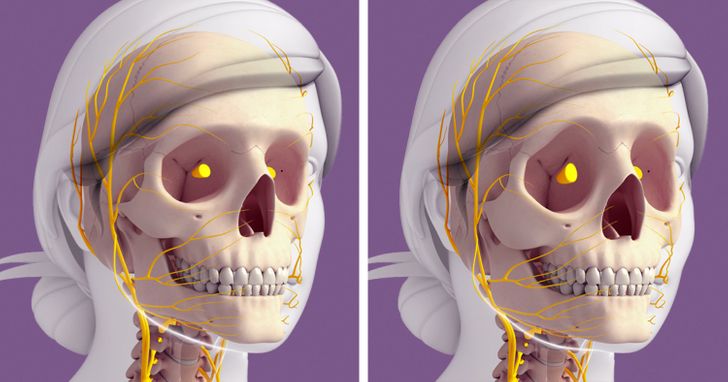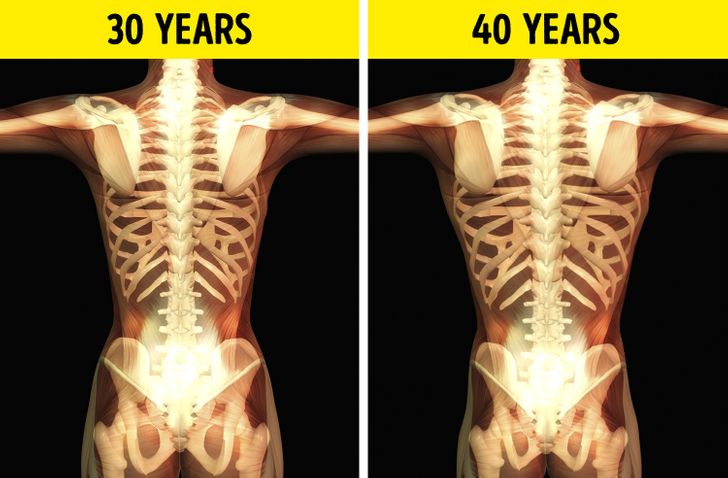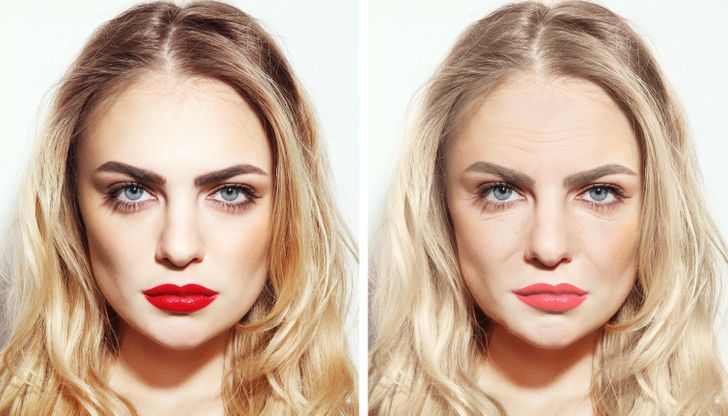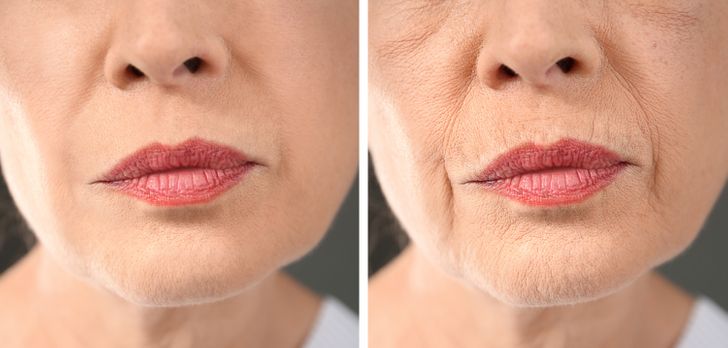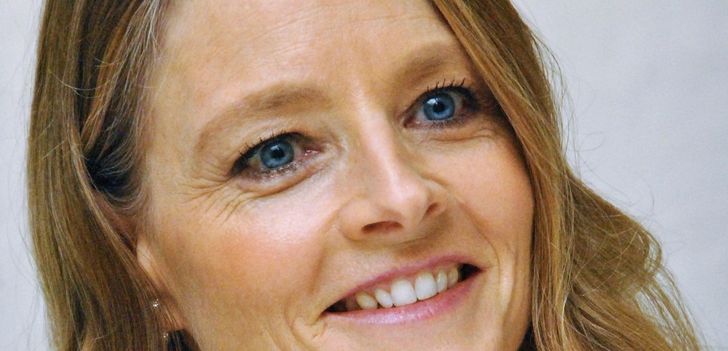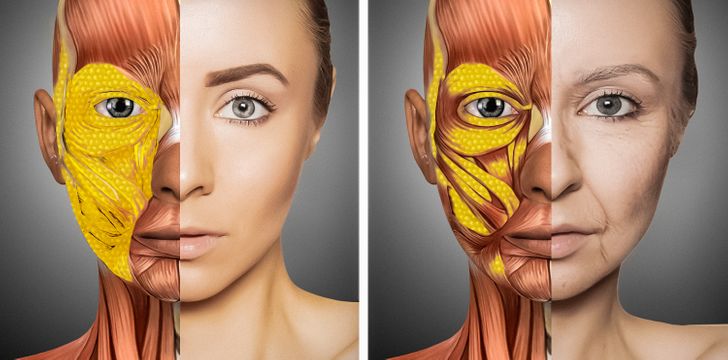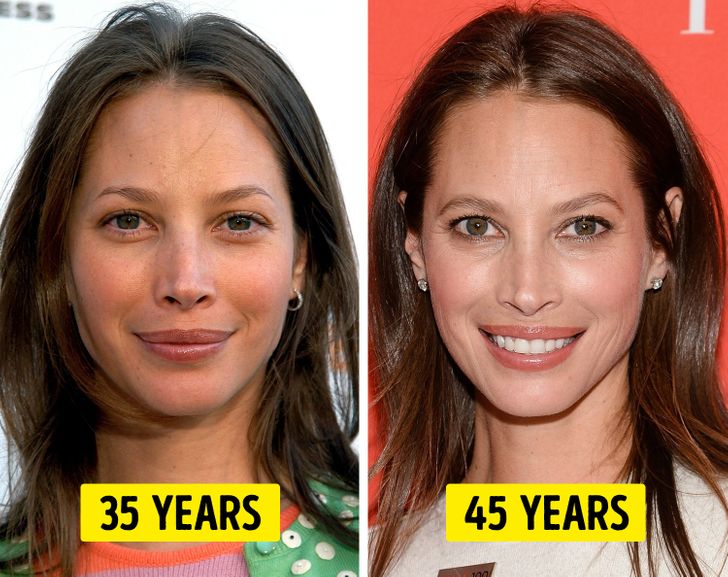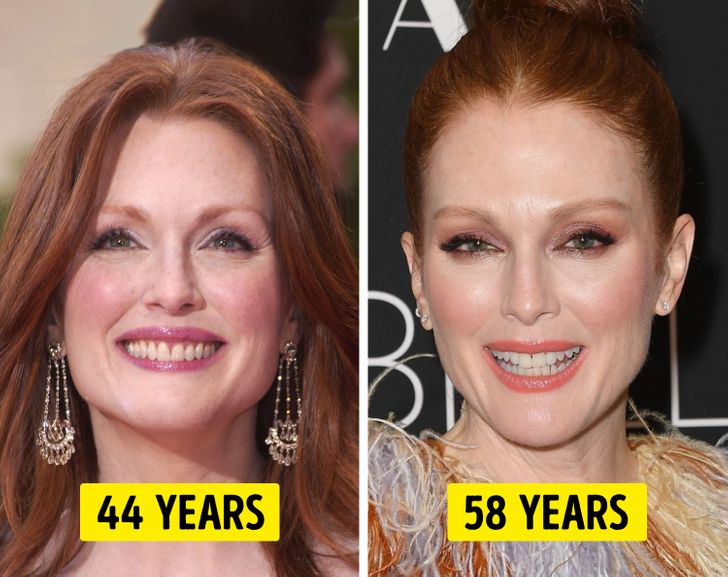Also, our daily face expressions influence our faces. If you keep a tense face the whole day, without letting your facial muscles relax, you will end up with early wrinkles, that you can't remove.
How Our Bodies Change After 30, and Why Our Faces Can Age So Drastically
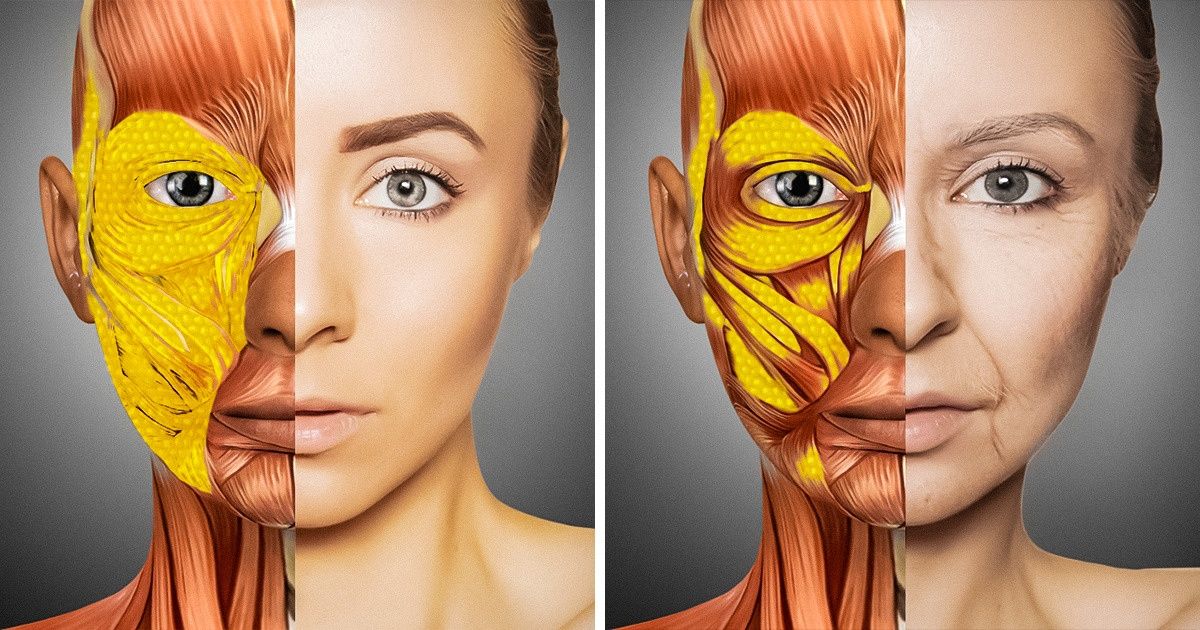
We’ve all heard about the usefulness of hyaluronic acid and vitamins C and E. But what else does our skin health depend on and how can we influence it? Aside from supplying the body with enough collagen and elastin, using a sunscreen, and eating healthy food, we should also be aware of our bone mass and hormonal background changes.
Bright Side has analyzed the results of scientific studies and is ready to share them with you.
How the body changes when we age
As time passes, our skin becomes less elastic, and we start taking care of it more: using eye patches, creams, mesotherapy, and other procedures that are meant to improve our skin.
The appearance of wrinkles depends not only on our skin itself, but on deep structural components as well, like the soft tissues, fat deposits, and the skull that is subject to bone resorption. If we understand the way these things work, we can slow down aging.
Bone resorption is a gradual destruction of the bone tissue. Our bones renew throughout our whole life, but after 35-40 years, the destruction process starts prevailing over the process of growth.
As we get older, our skeleton gets around 10% bigger and more fragile. For example, pelvic bones grow for up to 25-30 years (when the body’s getting ready to give birth to a child.) After 40, the pelvis starts getting narrower and narrower.
Bone resorption can also affect the skull:
- reduction of facial height (correlated with the loss of a tooth/teeth);
- coarsening of bony prominences;
- bony orbits change their shape and get bigger;
- the lower jaw gets wider;
- the nose gets bigger, the tip of the nose droops due to bone changes.
Nasolabial folds deepen with age as jawbones also change. Yes, this is also connected with the loss of skin elasticity and the changes of soft tissues under the skin. But mostly, it’s connected with teeth and their health.
The bony orbits around our eyes, especially their outer and inner corners, also get bigger. It’s the reason eyebrows look raised and crow’s feet occur.
Face lifts won’t help
People used to believe a face lift could help. This idea followed the traditional aging concept: the skin gets less elastic and sags, and then wrinkles occur.
With the help of modern technologies, researchers have had a chance to better understand how the facial skeleton changes and which areas are prone to resorption. Scientists are paying more and more attention to the correction of the skeletal framework.
Its main goals are:
- to slow down the process of resorption;
- to eliminate any factors that accelerate the destruction.
As the fat compartments also destruct, don’t trust those who promise to make your skin look young and fresh like it used to be 15-20 years ago in just one procedure. You have to turn to an expert who knows the features of the aging face and who won’t damage your health.
How to slow the aging process
If you want to keep your face looking youthful, you have to slow down the process of skin aging and skull changes (bone resorption.)
In our youth, the skin is smooth since it’s enriched with collagen and elastin, and face fat is distributed evenly. As we age, our skin loses collagen and the fatty layer loses its volume. This is the reason the skin sags.
In order to slow the aging process:
- Reconsider your eating patterns. The American Academy of Dermatology recommends to eat less sugar since it speeds up aging and to consume more fruits and vegetables as they prevent cell damage.
- Moisturize the skin, don’t damage it with scrubs and aggressive masks, don’t squint (squinting makes your wrinkles deeper).
- Protect your skin from the sun, wind, and cold. Experts from Harvard Medical School recommend always using an SPF.
How to slow the process of bone destruction:
- Take care of your hormones. For example, thyroid hormones intensify resorption and estrogens slow down this process. Though vitamin D is really useful, an excess can affect the bones. To find a balance, turn to an endocrinologist.
- Avoid Botox injections. Studies show that they speed up the process of bone destruction.
- Take care of your teeth: if one tooth is missing, it speeds up the process of jaw deformation and affects the way it looks. Lips may look thinner than they are, nasolabial folds may look deeper, the face may look more round. It’s the reason the lower jaw gets smaller in people with a dental prosthesis: in 10 years, it may lose around 60% of its size. Implants that replace the root of a tooth can help you avoid this process.
As we can see, our faces change from the inside as well. Of course you should also continue to care about your skin, but understanding other, more complicated processes will keep you from wasting money on useless procedures that do more bad than good.
What helps you keep your skin beautiful?
Comments
Male body and skin also changes dramatically. People use different methods to stay young ad beautiful, but I think that sporing is still the best one.
Why is scrubbing your face bad though? Doesn't it renews the skin?
Related Reads
Helen Hunt, 60, Stuns During Her Latest Appearance, and Her Lips Become the Center of Attention
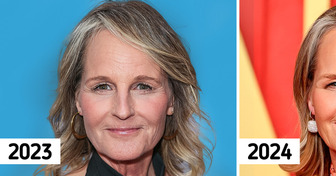
A Little Girl Was Called a ’Monster’ Because of Her Birthmark, Until Her Mom Brought Back Her Sweet Smile
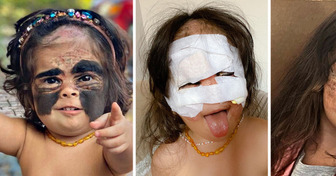
10+ People Who Mistakenly Thought Today Was Going to Be a Good Day
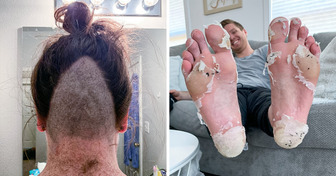
Doctors Told Us Not to Have Children Because of Our Dwarfism, but We Decided to Take a Chance
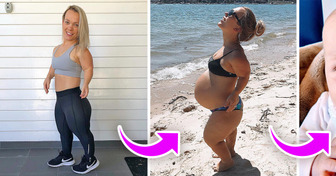
12 Quiet Moments of Kindness That Completely Changed Someone’s Life

I Refused to Give My Brother My $40K Wedding Fund—My Family’s Revenge Was Brutal

I Refused to Let Anyone Steal What My Dad Left Me, and My Mom Made It Worse
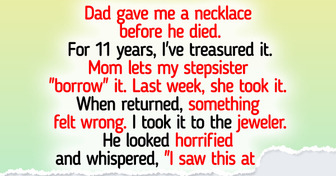
12 Times Blended Families Learned That Love Doesn’t Need DNA

I Refused to Talk to My Parents After They Chose My Ex-Wife Over Me

15 “How We Met” Stories Destined to Become Family Legends

I Funded My Wife’s Luxury Demands—She Made Me Regret Every Penny

My Mom Forgot About Me Until She Needed My Help—I Turned the Tables on Her

